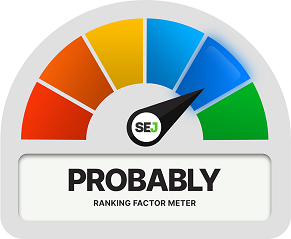Multilingual websites allow you to target people based on their language preferences.
But can using different languages affect your organic search ranking?
Read on to see if there’s a link between language and improved Google rankings.
The claim: language is a ranking factor
If you want to reach people who speak English, your content should be in English.
However, the same English content is unlikely to rank well in markets where Chinese, Arabic, or Spanish are dominant.
Companies that want to reach customers who speak different languages in certain countries can do so by creating content in multiple languages.
display
Read below
So it makes sense that language plays a role in how Google classifies websites, doesn’t it?
The following methods can be used to tell search engines what language and country they are targeting.
The first option is to use the hreflang attribute, which tells search engines the target language and country for the page.
The second option is to use the content language meta tag, which tells search engines the target language and country for the page.
In both examples, the hreflang and meta tags tell the search engines that the page is aimed at English speakers in the UK.
display
Read below
You can use top-level domain names for specific countries, such as: https://domain.it/ for an Italian website. This tells the search engines that the entire website is aimed at people in Italy.
In addition, you can use subdirectories to separate content by language and country. An example would be content under https://domain.com/en-us/, which would target English speakers in the United States.
The proof of language as a ranking factor
Google has extensive advice on managing multiregional and multilingual websites in the Advanced SEO section of Google Search Central. It explains how you can let Google know about different language versions using the HTML tags, meta tags, and url structures described above.
Additionally, Google mentions the language in its explanation of how search algorithms work. It says:
“Search settings are also an important indicator of which results you are likely to find useful, such as if you have set a preferred language or have SafeSearch enabled (a tool used to filter out explicit results).”
If a searcher sets English as their preferred language and Canada as their location, websites targeting English speakers in Canada using the following methods have a better chance of outperforming websites with no language or country specification:
- https://domain.ca/en/
- https://domain.com/en-ca/
display
Read below
Google also advises using canonical tags in certain situations.
“If you provide similar or duplicate content on different URLs in the same language on a national site (e.g. if both example.de/ and example.com/de/ show similar German-language content), you should choose a preferred version and use the rel = “canonical” element and hreflang tags to ensure that searchers are presented with the correct language or regional URL. “
Google’s Advanced SEO documentation on Duplicate URL Consolidation further discusses how canonical tags and language work together.
“Different language versions of a single page are only considered duplicates if the main content is in the same language (ie if only the header and footer and other non-critical texts are translated, but the main part remains the same, pages are considered duplicates).”
display
Read below
Among their do’s and don’ts for canonicalization, they suggest that you:
“Include a canonical page when using hreflang tags. Enter a canonical page in the same language or the best possible substitute language if no canonical page exists for the same language. “
Language as a ranking factor: our verdict
The language is discussed on the google page about how search algorithms work. You can also find the language in the advanced SEO documentation in Google Search Central.
display
Read below
Although it has not been officially confirmed as a ranking factor by Google, the language and country settings affect the visibility when searching for users who specify a certain language and a certain location.
We are therefore convinced that language is as good as a confirmed Google ranking factor.
Featured image: Paulo Bobita / SearchEngineJournal
Follow us on Facebook | Twitter | YouTube
WPAP (907)


